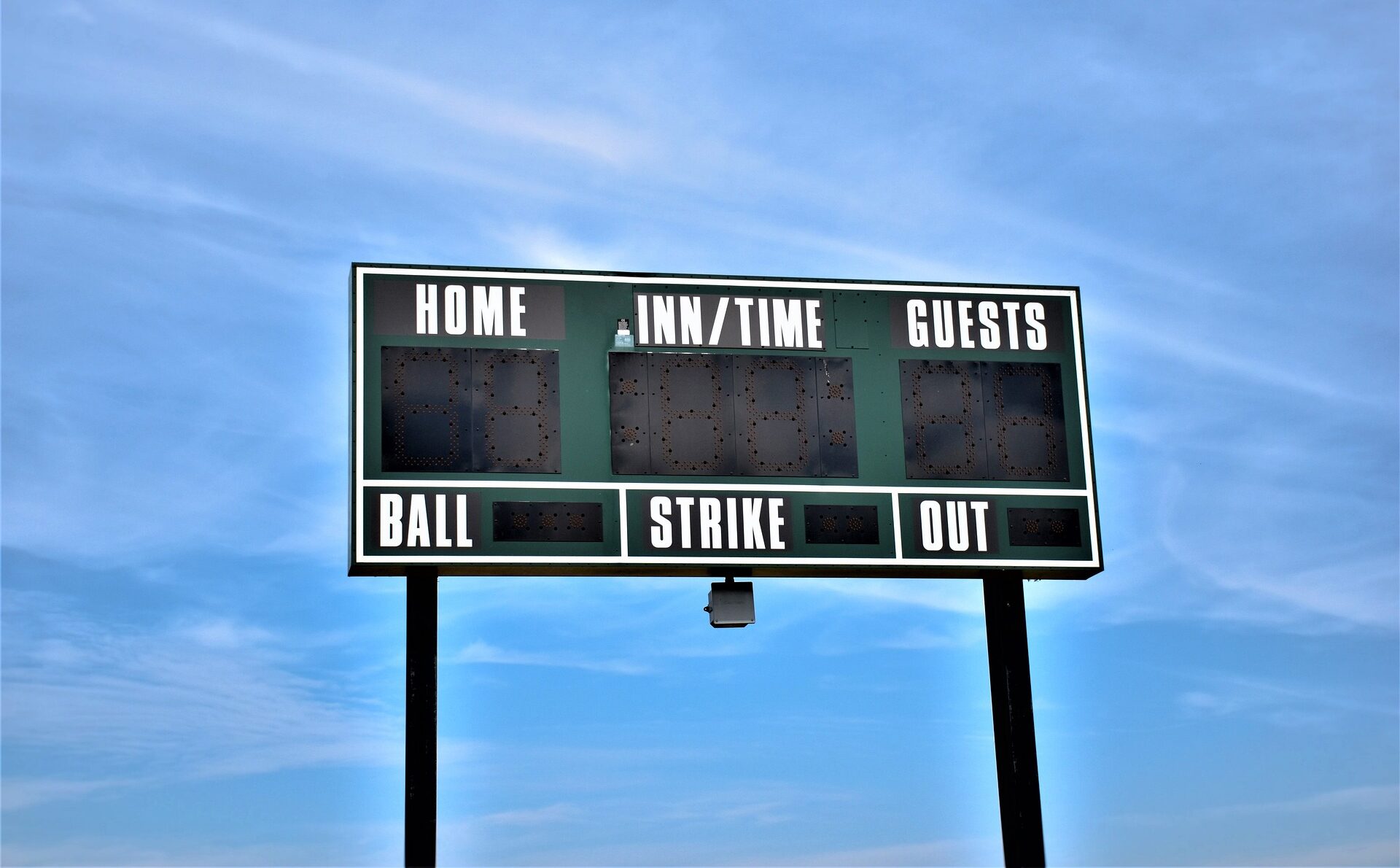

Robert Roberts writes about a fourth-grade class in which the teacher introduced a game called the “balloon stomp.” A balloon was tied to every child’s leg. When the signal was given, the object of the game was for the students to try to pop everybody else’s balloon while protecting their own. The last child with an intact balloon would be the winner.
Balloon stomp is a zero-sum game. If I win, you lose. Anyone else’s successes diminish my chances. I must regard everyone else as someone to overcome, someone to be pitted against.
Balloon stomp is a Darwinian contest, the survival of the fittest. Some ten-year-olds are pretty Darwinian, and they entered into the spirit of the thing vigorously. Balloons were relentlessly targeted and destroyed. Some children pretended to be enjoying the game but were secretly afraid of losing. A few of the children hung shyly on the sidelines, but that didn’t help them. Their balloons were doomed just the same. The battle was over in a matter of seconds. Only one balloon was still inflated, and of course its owner was the most (secretly) disliked kid in the room. It’s hard to really win at balloon stomp.
Then, Roberts writes, a disturbing thing happened. A second class was brought in the room to play the same game, only this time it was a class of developmentally challenged children. They too were each given a balloon and the same instructions. The same signal began the game. “I got a sinking feeling in my midsection,” said one of the onlookers. “I wanted to spare the kids the pressure of a competitive brawl.”
Only this time the game proceeded differently. The instructions were given too quickly to be grasped very well by these children; out of the confusion the one idea that sunk in was that the balloons were supposed to be popped. But instead of fighting each other off, these children got the idea that they were supposed to help one another pop balloons. So they formed a kind of “balloon stomp co-op.” One boy was getting frustrated because the balloon he was going after wouldn’t hold still enough for him to pop it. So the little girl to whom it was tied knelt down and held her balloon carefully in place, like the holder for a field-goal kicker, while the little boy stomped it flat. Big smile. Then he knelt down and held his balloon still for her to stomp. On and on it went, all the children helping one another in the Great Stomp.
And when the very last balloon was popped, everybody cheered. Everybody won.
What happened was that they had actually devised a brilliant alternative scoring system. In the new system, students didn’t score points against each other but with each other. People who looked at each other as opponents in the old system became teammates in the new one. People who looked like losers in the old system became winners in the new one.
So much of life seems to involve keeping score. The score seems to define the reality of success. And we are all by nature scorekeepers. We want to know if our lives are on track. The way we perceive our own score exerts a powerful influence over our lives. Of course, we always want a higher score.
The big question becomes, who have been the most important scorekeepers in your life? As a child growing up, our parents are our first primary scorekeepers. Then in school we have teachers and athletic coaches keeping score. However, in these academic years, the scorekeepers that have the most significant influence in our lives are our peers. Few of us as adults would argue that peer pressure is the most powerful force in the life of a teenager.
For an adult out in the workplace, the score we most value typically comes from a colleague or peer. We value greatly the score that other men and women in the workplace and community give us. Their score matters most and we perform for them.
Unfortunately, we allow these scorekeepers to determine the final verdict on the value of our lives. The reality of the matter is that the final score is never in because our performance is never over. No matter how high a score we received yesterday, we can’t be sure we will receive it again tomorrow.
As we consider this, what do you think would happen to a person’s life if Jesus was the most important scorekeeper in their life? I contend it would truly transform our lives because He understands we are each of incredible value. We are of infinite worth to Him and He loves us with an everlasting love. For this reason we do not have to achieve a particular score to win His love, for He loves us unconditionally.
Richard E Simmons III is the founder and Executive Director of The Center for Executive Leadership and a best-selling author.
Add grace and understanding to your day with words from Richard E. Simmons III in your inbox. Sign-up for weekly email with the latest blog post, podcast, and quote.

For local orders in the Birmingham, AL area, enter Promo Code LOCAL at checkout to save shipping. We will email you when your order is ready for pickup.
Bulk discounts for 25 or more books! Call 205-789-3471 for prices.